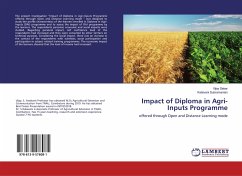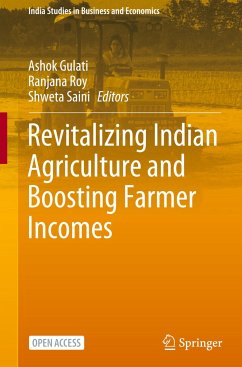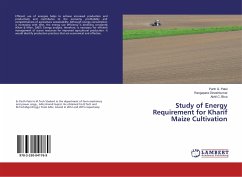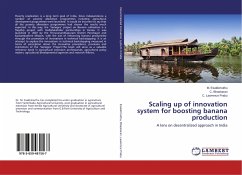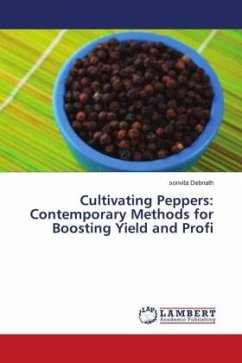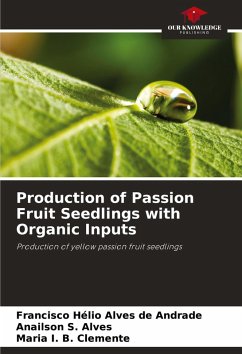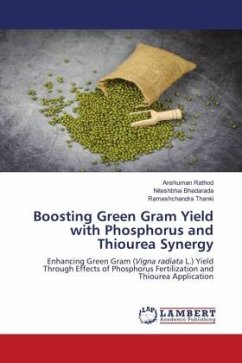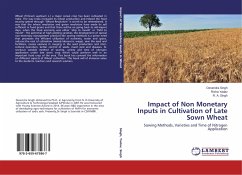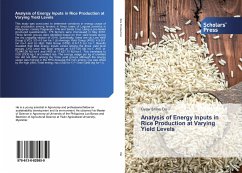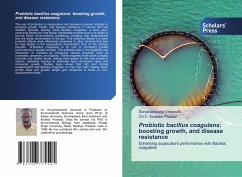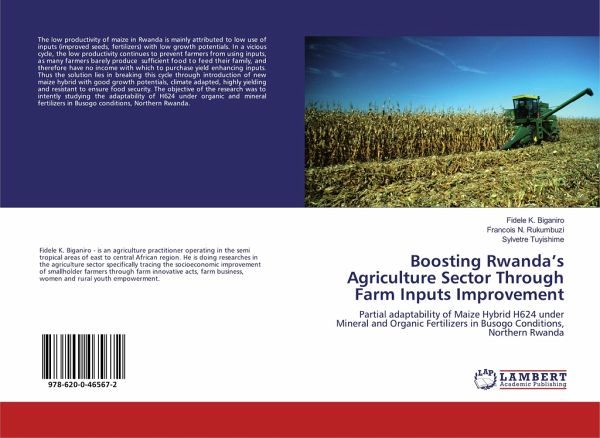
Boosting Rwanda's Agriculture Sector Through Farm Inputs Improvement
Partial adaptability of Maize Hybrid H624 under Mineral and Organic Fertilizers in Busogo Conditions, Northern Rwanda
Versandkostenfrei!
Versandfertig in 1-2 Wochen
26,99 €
inkl. MwSt.

PAYBACK Punkte
13 °P sammeln!
The low productivity of maize in Rwanda is mainly attributed to low use of inputs (improved seeds, fertilizers) with low growth potentials. In a vicious cycle, the low productivity continues to prevent farmers from using inputs, as many farmers barely produce sufficient food to feed their family, and therefore have no income with which to purchase yield enhancing inputs. Thus the solution lies in breaking this cycle through introduction of new maize hybrid with good growth potentials, climate adapted, highly yielding and resistant to ensure food security. The objective of the research was to i...
The low productivity of maize in Rwanda is mainly attributed to low use of inputs (improved seeds, fertilizers) with low growth potentials. In a vicious cycle, the low productivity continues to prevent farmers from using inputs, as many farmers barely produce sufficient food to feed their family, and therefore have no income with which to purchase yield enhancing inputs. Thus the solution lies in breaking this cycle through introduction of new maize hybrid with good growth potentials, climate adapted, highly yielding and resistant to ensure food security. The objective of the research was to intently studying the adaptability of H624 under organic and mineral fertilizers in Busogo conditions, Northern Rwanda.



